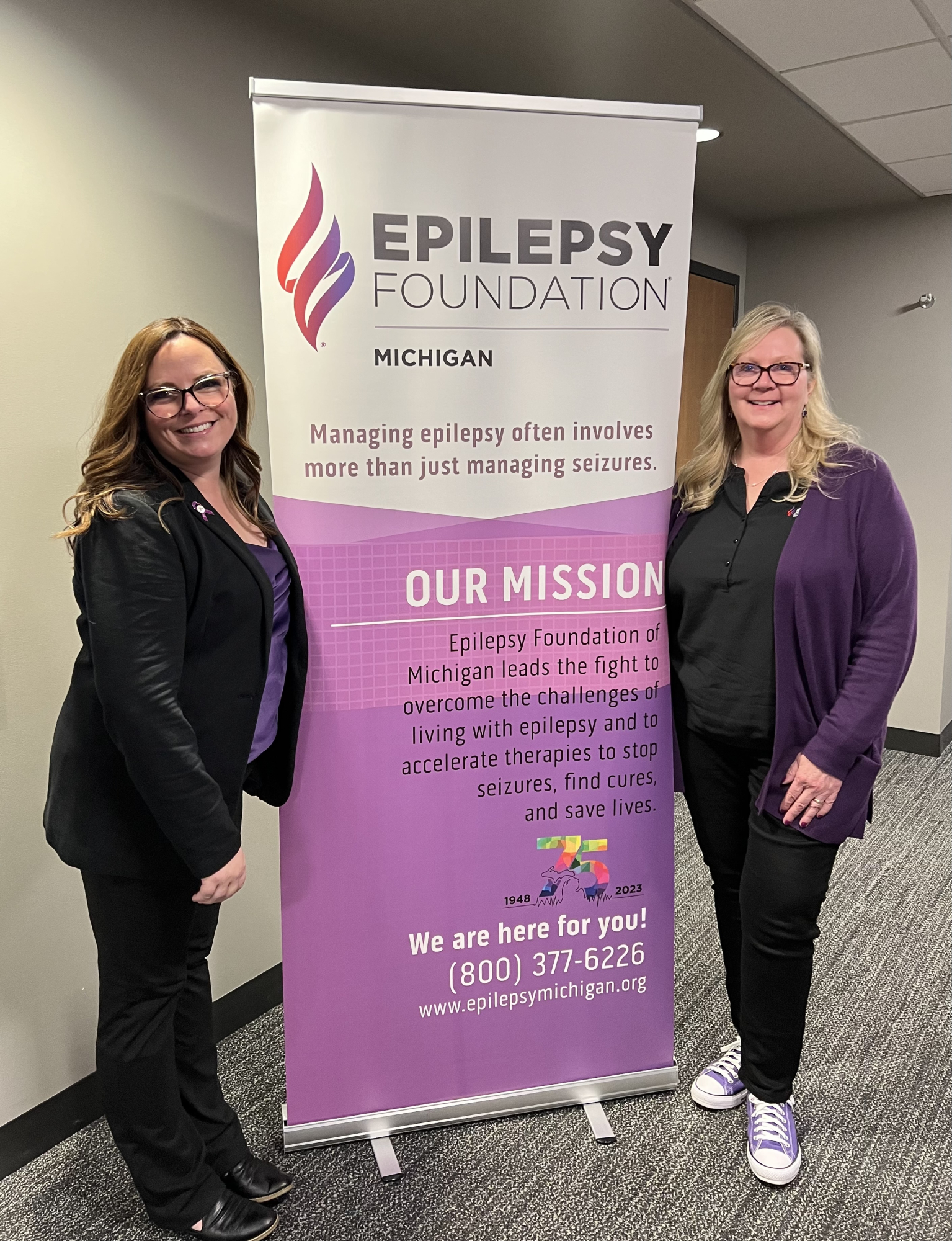Epilepsy: What Everyone Should Know
Epilepsy is more than just a medical condition; it's a public health challenge affecting millions globally. In the United States, around 3.4 million individuals live with epilepsy, including over 470,000 children under 18, according to the Centers for Disease Control and Prevention (CDC).
This prevalence, approximately 1.2% of the U.S. population, highlights the urgency for increased awareness and understanding. Epilepsy arises from recurrent, unprovoked seizures due to abnormal electrical activity in the brain. The National Institute of Neurological Disorders and Stroke (NINDS) has identified more than 30 types of epilepsy and seizures, each presenting uniquely. Understanding these distinctions is critical for effective management and care.
Educational Resources from the Epilepsy Foundation of Michigan
The Epilepsy Foundation of Michigan stands as a crucial educational resource.
"We place a high value on epilepsy education, both for individuals and families living with the condition, and for the general public," states Renee Roederer, Sr. Director of Programs and Community Care at the Foundation.
They provide vital resources, such as Seizure Recognition and First Aid Training, which is offered in schools, workplaces, congregations, and community settings. These trainings are available in-person, virtually, or on-demand, ensuring broad accessibility. The Foundation also hosts a variety of educational conferences, including the Epilepsy Innovation Round Table and the Wellness & Epilepsy Conference, which provide pivotal learning opportunities. These conferences, coupled with on-demand webinars, support ongoing community education. As the sole nonprofit in Michigan dedicated entirely to epilepsy, the Foundation is committed to ensuring no one faces epilepsy alone.
For personalized support, individuals can access the Here for You Helpline at 800-377-6226. This service offers individualized education, resources, and personal support, helping families navigate the complexities of living with epilepsy.
Advocacy and Community Initiatives
The Foundation's mission extends beyond education, involving robust advocacy and community outreach efforts.
"Our mission is to improve the lives of people affected by epilepsy through education, advocacy, research, and connection," highlights Roederer. The Foundation supports a range of initiatives, including virtual self-management programs like Project UPLIFT, which focus on mental health, and E-SMART, which equips teens with advocacy and resilience skills.

Right: Nicole Fitzpatrick-Community Program Specialist
Community involvement is fostered through events like the Strolls for Epilepsy, which not only raise crucial funds for programs but also reinforce community ties and expand awareness. By mobilizing volunteers and encouraging local advocacy, the Foundation helps amplify the voice of the epilepsy community.
Addressing Barriers in Rural Areas
The Foundation acknowledges the challenges faced in rural regions like Michigan’s Upper Peninsula (U.P.), particularly the lack of specialized neurology care. They advocate for telehealth solutions to bridge gaps, although recognizing limitations in broadband access in some rural areas. The Foundation strives to connect individuals with resources and support networks, ensuring they are not isolated due to geographical constraints.
Getting Involved and Supporting the Cause
There are numerous ways to support the Epilepsy Foundation of Michigan. Whether through volunteering, participating in fundraising events, or donating directly on their website, every contribution helps advance their mission. The Foundation's partnership with the Northern Michigan University Center for Rural Health further bolsters their impact, facilitating greater outreach and collaboration.
Epilepsy affects millions, yet with robust educational resources, awareness, and support, its impact can be mitigated. The Epilepsy Foundation of Michigan leads these efforts, dedicated to enabling individuals with epilepsy to live healthy, fulfilling lives. For more information or to get involved, contact the Foundation via their helpline or website. Your involvement, whether through advocacy, support, or education, is essential in making a positive difference in the epilepsy community.
Looking into the future…
The Northern Michigan University Center for Rural Health continues to partner with the Epilepsy Foundation of Michigan and looks forward to planning more upcoming events that increase awareness, provide education, and expand training opportunities in the future.
The Northern Michigan University Center for Rural Health seeks to improve Upper Peninsula residents' and communities' health and well-being by developing collaborative partnerships that enhance the access and availability of affordable, quality healthcare services. For questions or comments related to this story, contact ruralhealth@nmu.edu.
